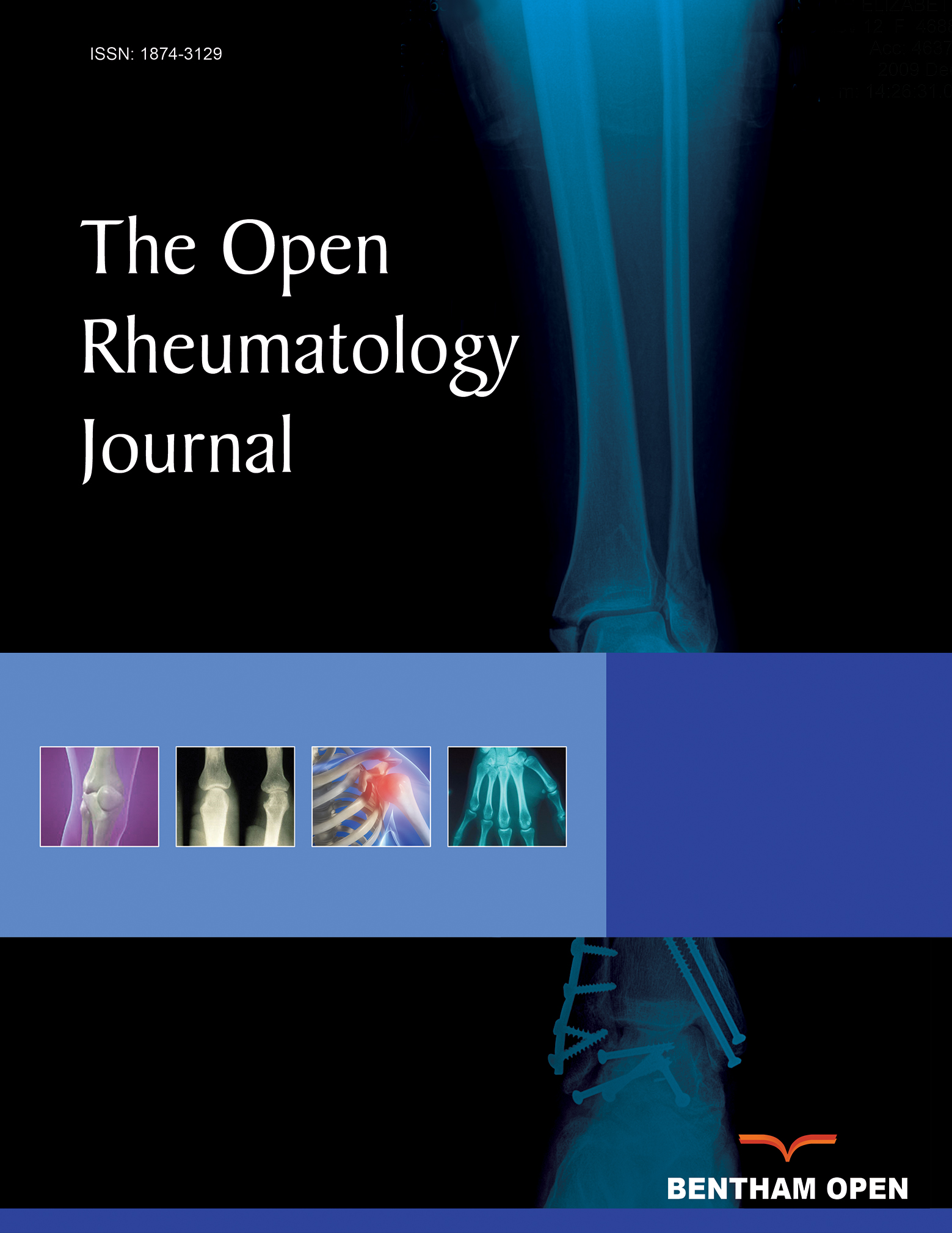All published articles of this journal are available on ScienceDirect.
New Insights into the Role of Oxidative Stress in Scleroderma Fibrosis
Abstract
Systemic sclerosis (Scleroderma – SSc) is a connective tissue disorder of unknown aetiology characterized by extensive fibrosis of the skin and visceral organs, by vascular abnormalities and immunological manifestations.
Recent evidence suggest that the cellular redox state may play a significant role in the progression of scleroderma fibrosis. Mechanisms involved include an autoamplification circuit linking ROS, Ras and ERK 1-2 which in turn amplifies and maintains the autocrine loop made up by cytokines, growth factors and their cognate receptors.
This review summarizes the recent progress on the role of oxidative stress in the pathophysiology of scleroderma and disorders characterised by organ fibrosis


